Stop Telling Men To "Man Up"
Men's mental health needs to be taken seriously.
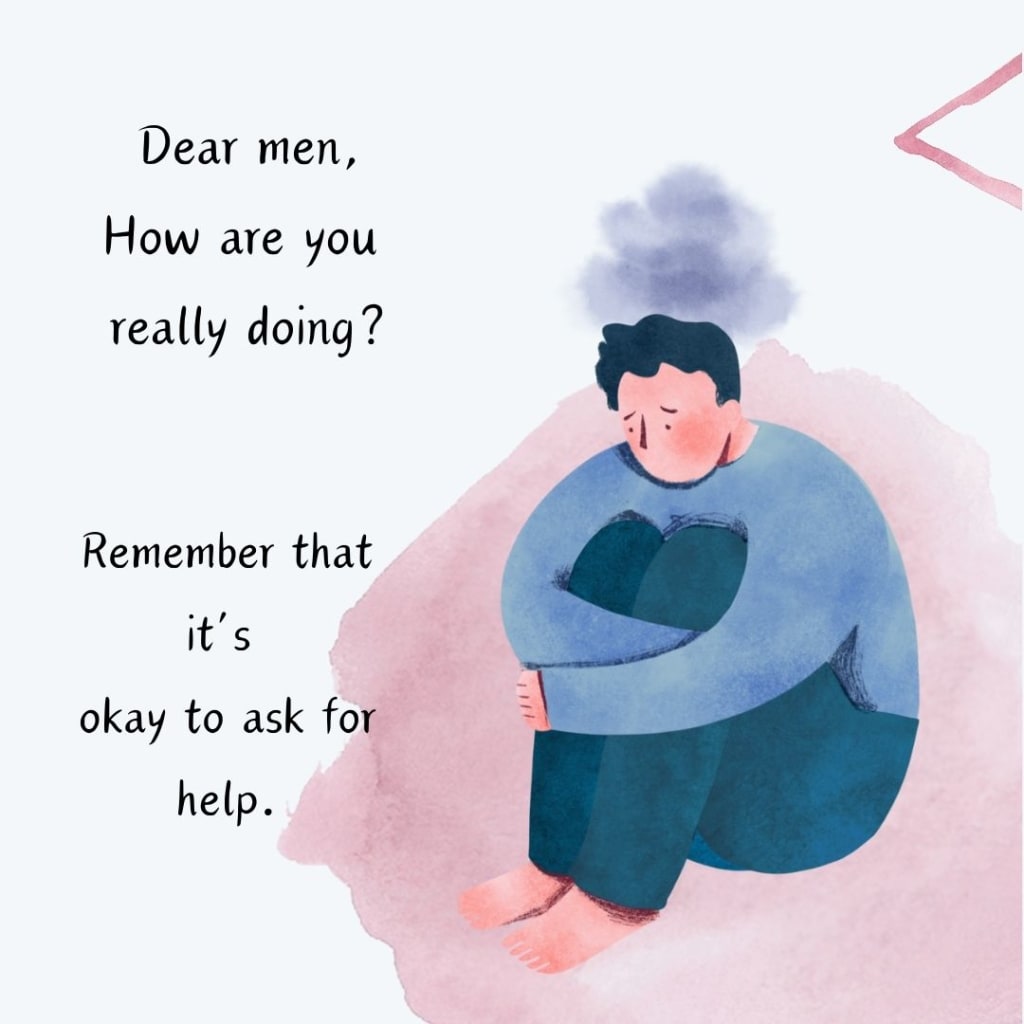
Content Warning: This article discusses topics such as suicide, self-harm, and major depressive disorders. Please read at your own discretion.
___________________________
Men's Mental Health Month: The Importance of Giving Men a Safe Space and Support
Most of us know June as pride month, but this month also marks Men's Mental Health Month - because most men suffer in silence, and nobody should have to struggle alone. Men's Mental Health Month is dedicated to recognizing the effects of patriarchy on men's mental health and stereotypes, and dismantling societal stigmas surrounding mental health. Men's Mental Health Month evolved out of National Men's Health Week, and became an official holiday in 1994. It's important to note that men's health should be a priority all throughout the year, not just in the months that are meant to shine a spotlight on it.
In society, there are many spaces designated as safe spaces for women and AFAB people. But men need safe spaces too, for many reasons. Masculinity needs to be re-defined, and it's crucial that men be the ones to re-define it. Although the feminist movement is meant to help people of all genders, it's rare for feminist spaces to make room for men: instead, they focus more on how the patriarchy harms women, which leaves little space for the acknowledgement that it harms men too.
The truth is, a lot of men long for the chance to be vulnerable: to open up about their trauma or struggles, to self-reflect on masculinity, and about what it means to be masculine. A lot of men crave the chance to express themselves, but it's hard to do this in a society that scolds them for it. This is why it's so important to give men the opportunity to have conversations, and to open up about human emotions and experiences.
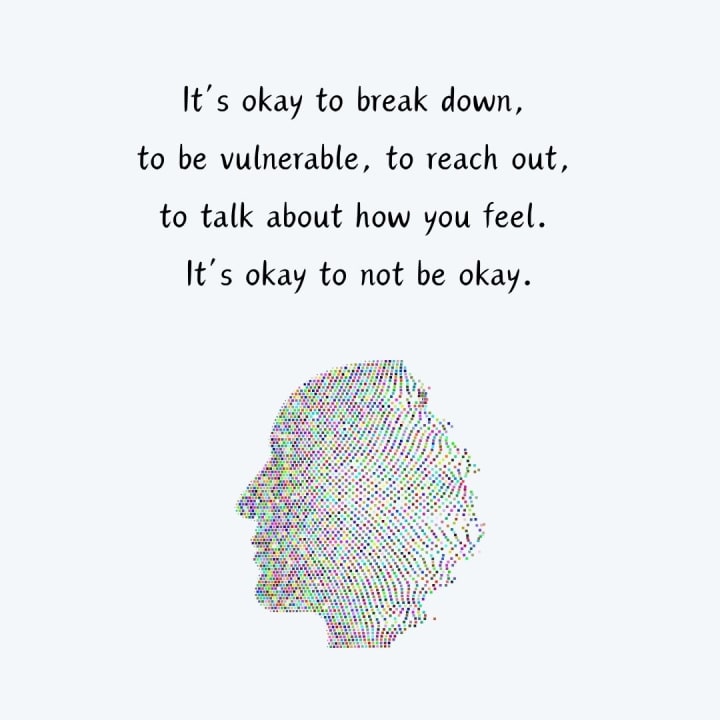
Health, Suicide, and Stigma: How The Patriarchy Affects Men's Mental Health
In the United States, approximately six million men struggle with a depressive disorder. Despite the astronomical rates of depression in men, mental health issues often go unreported or ignored. As we can assume, this is a huge problem. While rates of depression and mental illness increase, the stigma surrounding mental health stays the same, which can have devastating consequences for men especially. According to the National Institute of Mental Health, men die by suicide three and a half times more frequently than women. The rates of suicide or suicidal ideation increase among military veterans, and LGBTQ+ men.
Traditional ideas of masculinity contribute to the high rates of mental illness and suicide in men. To understand how the patriarchy targets men's mental health, we first need to discuss what patriarchy means. In sociology, patriarchy is a system which is organized around male power and authority. It supports and promotes gender inequalities and imbalances: valuing traditionally masculine qualities over traditionally feminine ones, and promoting gender bias in all aspects of society. In theory, patriarchy harms women, while benefiting and dominating men. And although this is mostly true, the traditional masculinity promoted by the patriarchy is toxic and harmful to men and women alike: encouraging stoicism and aggression in men that can lead to awful outcomes.
It's important to point out here that speaking up about toxic masculinity doesn't mean that all masculinity is toxic. There is a type of masculinity that is toxic, and this is the masculinity that needs to be confronted and abolished. Men who conform to the type of masculinity encouraged by the patriarchy are at much greater risk of social isolation and mental health struggles. This is because under toxic masculinity, men and boys are encouraged to be stoic and emotionless - as though they are robots instead of human beings. As it is, mental health is already hugely stigmatized in society. Men who don't follow societal ideals of masculinity are often bullied, isolated, or devalued.
When men are not given a safe place to express their emotions, they often turn these emotions inward and ignore them. This seems fine at first, but when we suppress our feelings for too long, they can explode out of us in destructive and unpredictable ways. This is what leads to violence, or social isolation, or substance abuse. Men express violence towards themselves and others because it's the only way they've learned to get their emotions out. Men misuse substances as an attempt to lessen the suffering that comes along with mental illness.
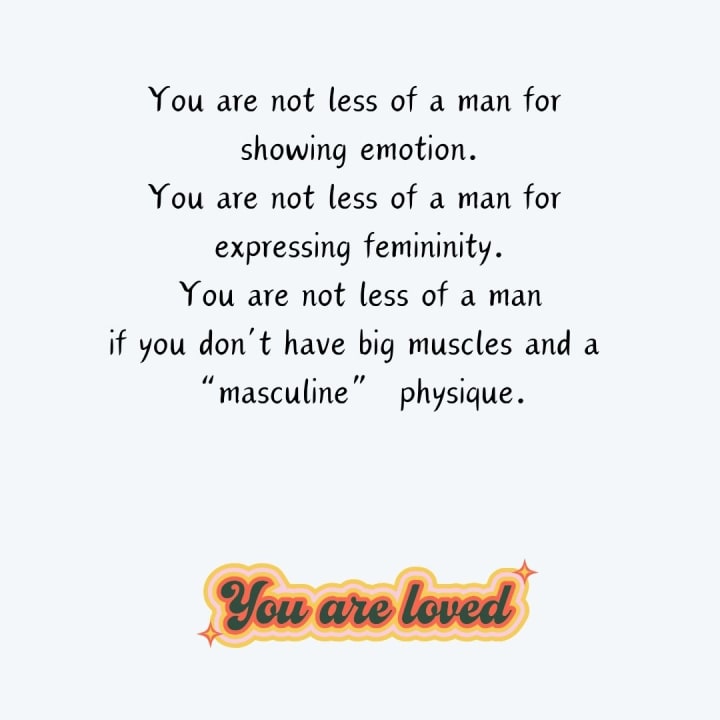
Men's Mental Health and Pride Month: How They Overlap, And Why It's Important to Acknowledge Both
According to Statistics Canada, LGBTQ+ men are twice as likely as cisgender, heterosexual men to experience mental health issues. They're more likely to have attempted or contemplated suicide, and to have been diagnosed with an anxiety or depressive disorder. Being victim to homophobia or transphobia greatly increases the likelihood of developing mental health struggles.
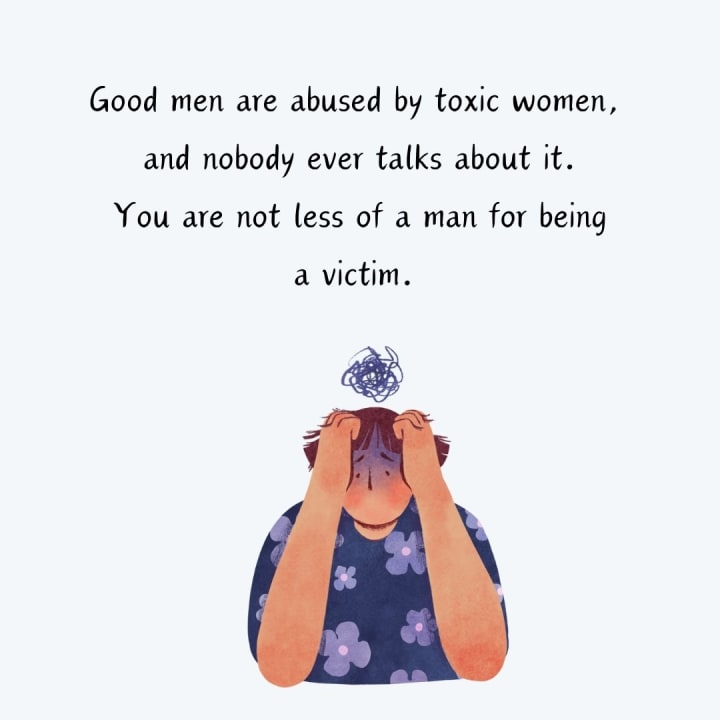
How To Show Support for Men's Mental Health Awareness, and Organizations to Support
This Men's Mental Health Month, there are plenty of ways to show support and raise awareness for men's mental health. We can start by acknowledging the men in our own lives: by checking in on them, and by creating a safe presence for them to be vulnerable. Some other ways of raising awareness for men's mental health is by donating to charities or organizations that directly support the cause.
Some organizations for consideration are:
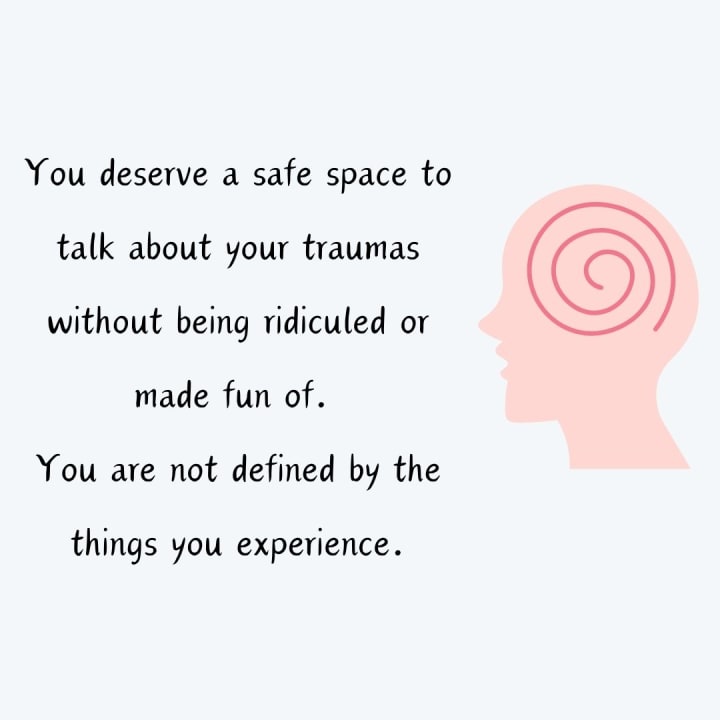
Sources:
https://www.healthline.com/health/mens-health/mens-mental-health-month
https://thriveworks.com/help-with/mental-health-awareness/mens-mental-health-month/
https://www.mhanational.org/infographic-mental-health-men
https://www.linkedin.com/pulse/breaking-silence-june-mens-mental-health-month-austin-minter-ijbec
https://www.vice.com/en/article/8x897k/heres-why-we-need-safe-spaces-for-men
https://www.shiftcollab.com/blog/what-we-can-all-do-during-mens-mental-health-month
https://mentalhealthcommission.ca/catalyst/putting-the-men-in-mental-health/
About the Creator
choreomania
i'm a a queer writer, poet, cat lover, and author. i'm passionate about psychology, human rights, and creating places where lgbt+ youth and young adults feel safe, represented, and supported.
29 | m.
follow me on threads for more.
Enjoyed the story? Support the Creator.
Subscribe for free to receive all their stories in your feed. You could also pledge your support or give them a one-off tip, letting them know you appreciate their work.


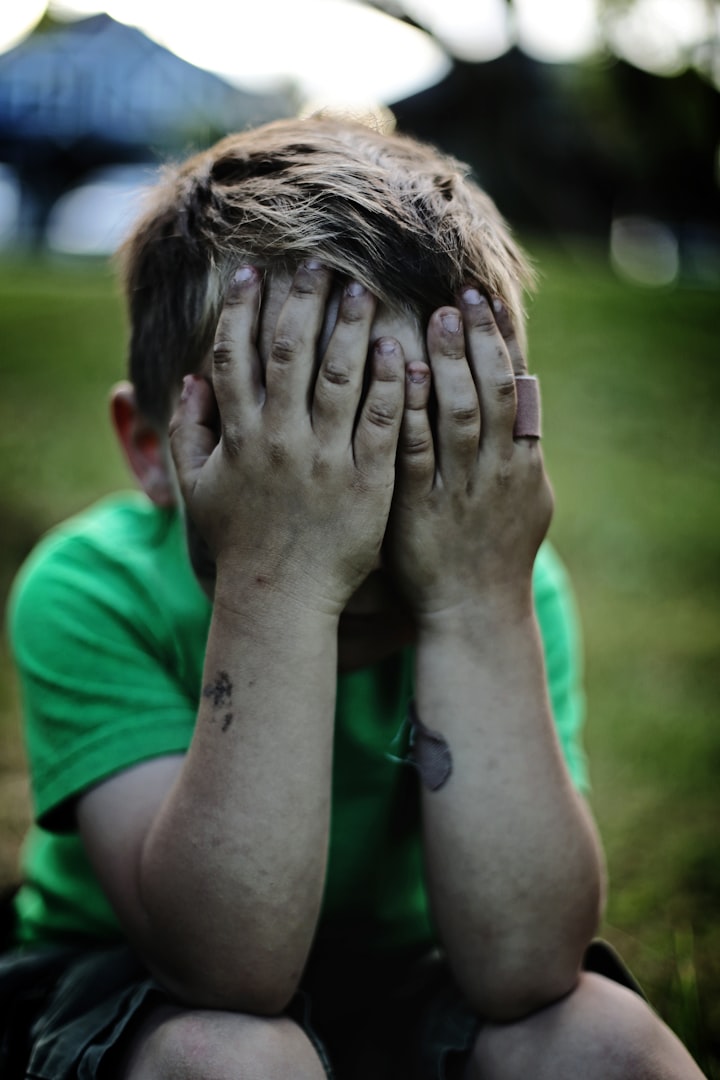



Comments (1)
Your article makes excellent arguments and valid points. Thank you for writing and sharing this story. "It's important to point out here that speaking up about toxic masculinity doesn't mean that all masculinity is toxic." So very true. I am saddened while inspired that we're still here as a global society. How on earth is it still the case that all human beings aren't made to feel safe, loved, respected, valued, and seen? And yet, such is the case. Keep on telling it. Hopefully all who need it find it and know it to be a safe place, here on the page.